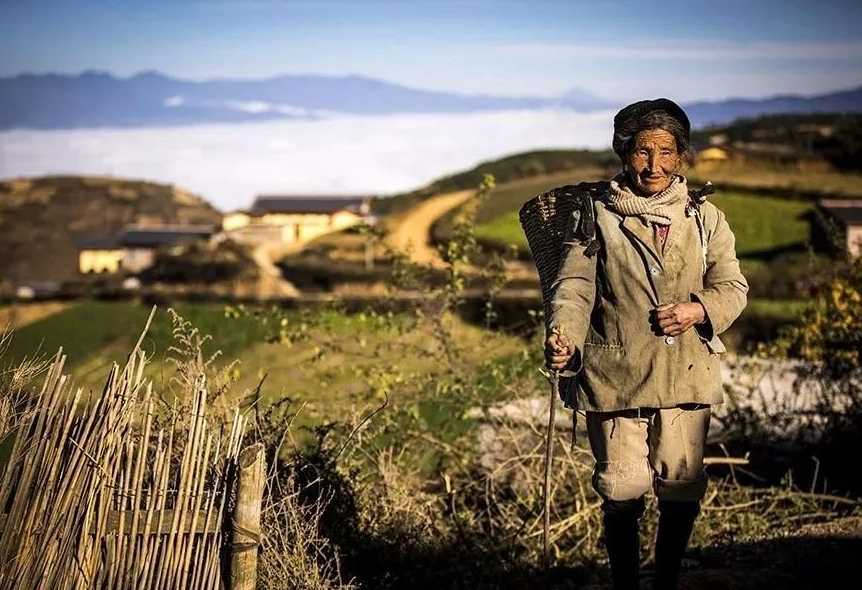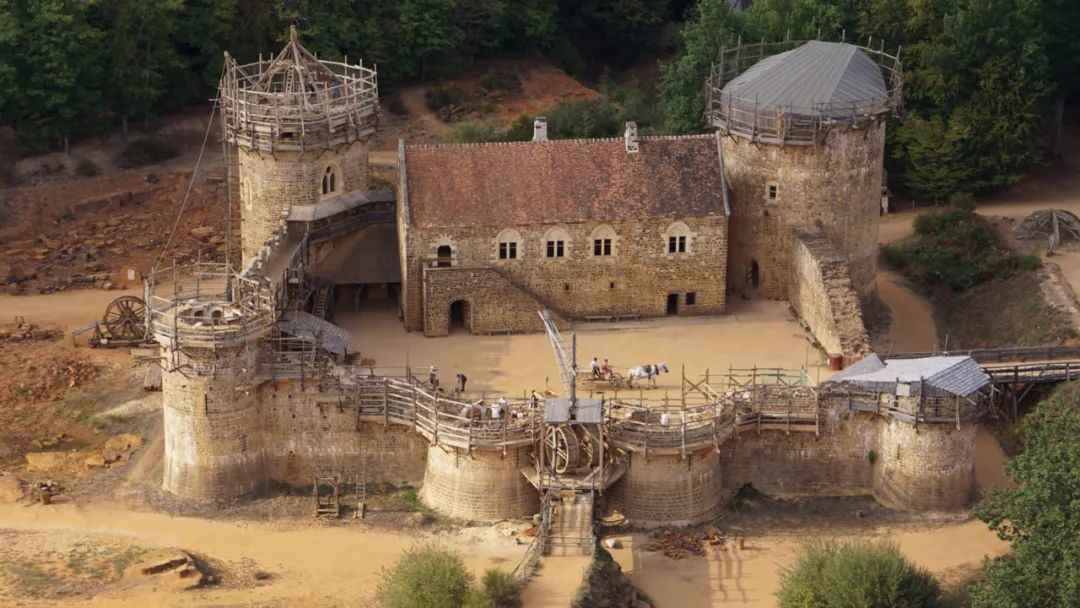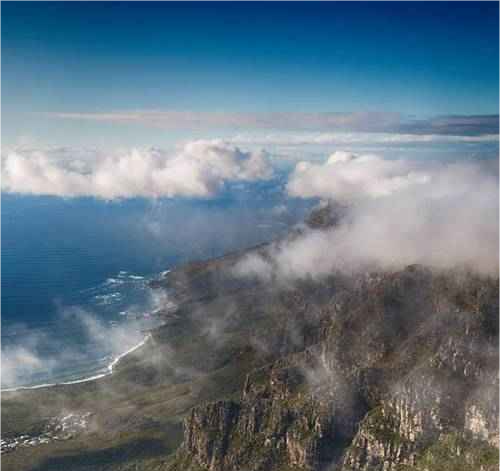Over 70% of Tajiks depend on agriculture, but barren lands and harsh climates—including extreme winters and droughts—yield meager harvests. Rural poverty plagues 60% of the population, where families survive on subsistence farming, often lacking access to clean water or healthcare.
The vanished funds highlight deep-rooted corruption, which stifles development. Foreign aid and investment struggle to reach those in need, while infrastructure remains dire: many villages lack paved roads, and electricity shortages leave homes in darkness for hours daily.
Young Tajiks are forced to flee, with over a million working in Russia to send remittances—accounting for 30% of GDP. But economic shifts in Russia threaten this lifeline, leaving families more vulnerable.
With little industrial growth and governance failures, Tajikistan’s cycle of poverty persists. The vanished billions symbolize a system failing its people, trapping generations in hardship amid untapped potential.








